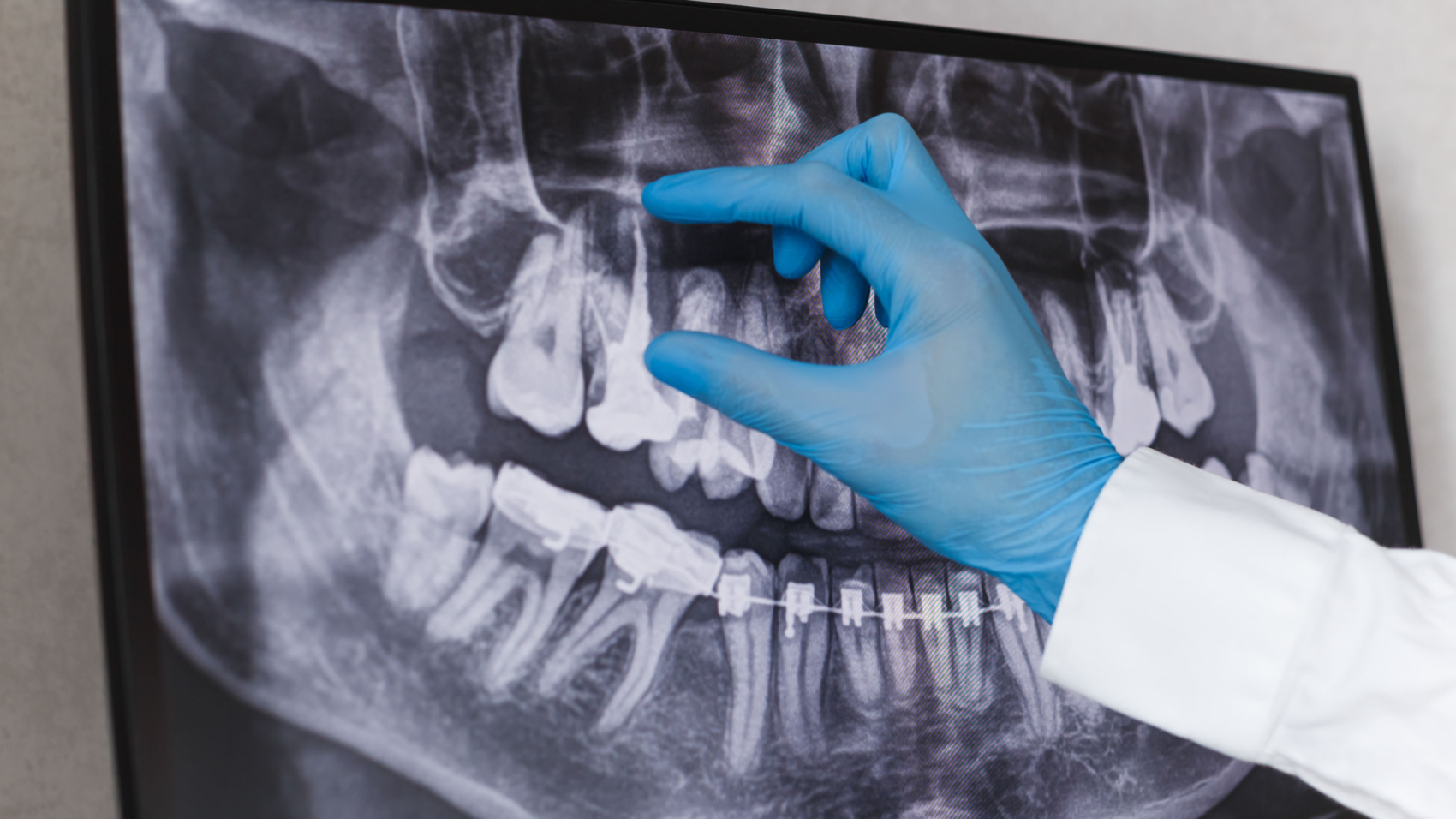Having a sinus infection may actually be more than just a stuffy or runny nose. It could mean that you have a tooth infection, even if it isn’t paired with tooth pain.
Why can sinus symptoms be related to your teeth?
Due to the anatomy of the roots of the teeth, your tooth roots nearly touch your sinuses. This air-filled space positioned behind your cheekbones is referred to as the maxillary sinus. Because of the close proximity, if one of your tooth’s roots becomes infected it can easily spread to the maxillary sinus.
If you are having a toothache and begin to experience some nasal drainage, make sure to reach out for an examination by your dentist. Should the infection in your root be to an advanced stage, they may refer you to an endodontist for a root canal consultation.
Because sinus symptoms do not always present with tooth pain it can take a while to diagnose problems. As a result, this condition may go on for years before it is recognized. Endodontists are specially trained and equipped to diagnose and treat this condition.
Symptoms
If you are experiencing any of the following symptoms you may want to reach out to your dentist or physician about your sinus infection and possible tooth infection.
- Tooth or jaw pain
- Chronic sinus pain or pressure
- You’ve had tooth infections in the past
- You’ve had an endodontic, oral, or periodontal treatment
- A recent tooth extractions
One common difference between a tooth-related sinus infection and a traditional sinus infection is that if a tooth root is causing the problem it will typically present on one side of the face or mouth. It may also cause facial swelling not observed in a regular sinus infection.
Treatment
Root canals are the most common treatment for an infected tooth root. Because such an issue can cause discomfort and even severe dental pain, endodontists perform a root canal to remove the diseased nerve of the tooth, which is called the pulp.
After the pulp is removed, the endodontist cleans and disinfects the root canals and then fills the space with a rubber-like material called gutta-percha.
After the root canal is completed, you should make an appointment with your general dentist for a final filling or crown to restore the tooth’s full function.
Sometimes, if you are suffering from recurring sinus infections or if you have to wait for any reason to get root canal treatment, your physician may prescribe antibiotics.
While antibiotics will resolve the patient’s sinus symptoms temporarily, the antibiotics are incapable of reaching the source of the infection inside the tooth. Once the antibiotics are ceased, the infection will slowly re-emerge from the tooth and spread back into the sinus and the symptoms will often recur many months later.
If you are needing an endodontic treatment for an infected tooth that is causing sinus infection, our team at Cumberland Valley Endodontics is ready to help. Schedule your consultation today.








